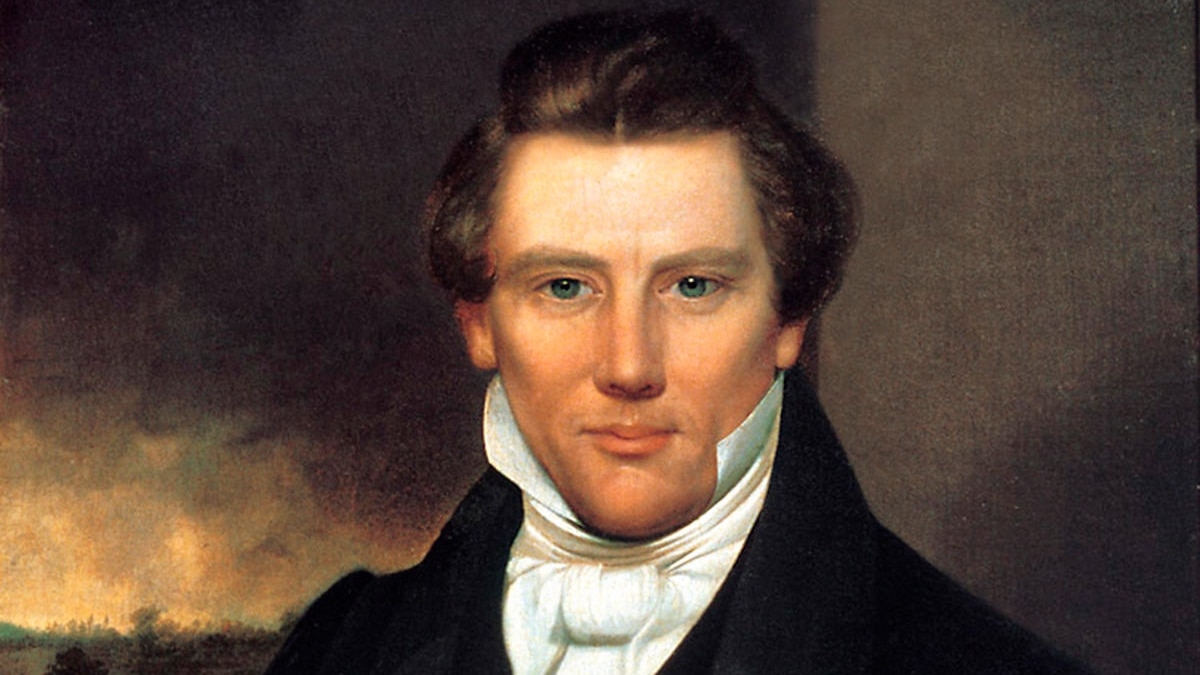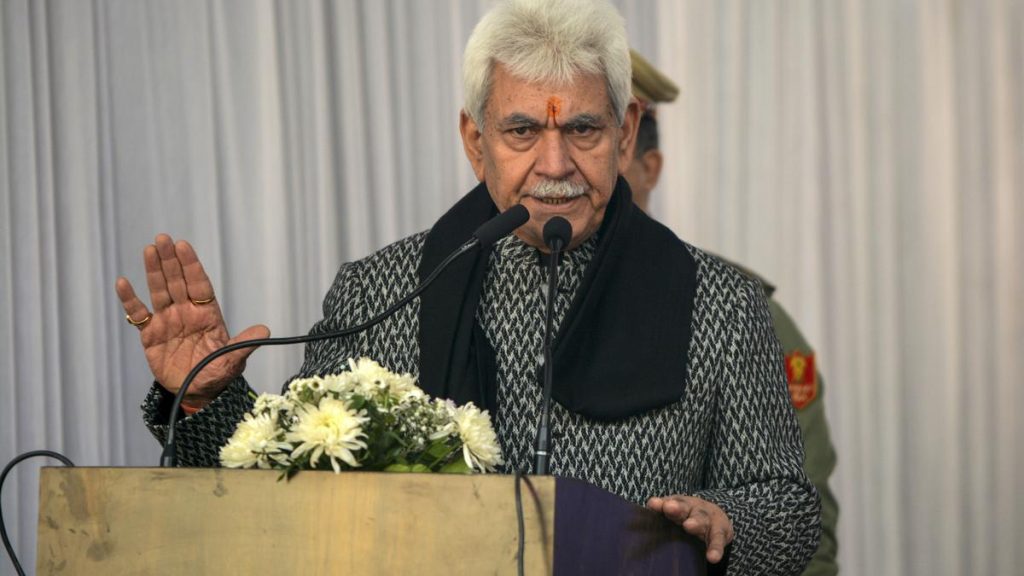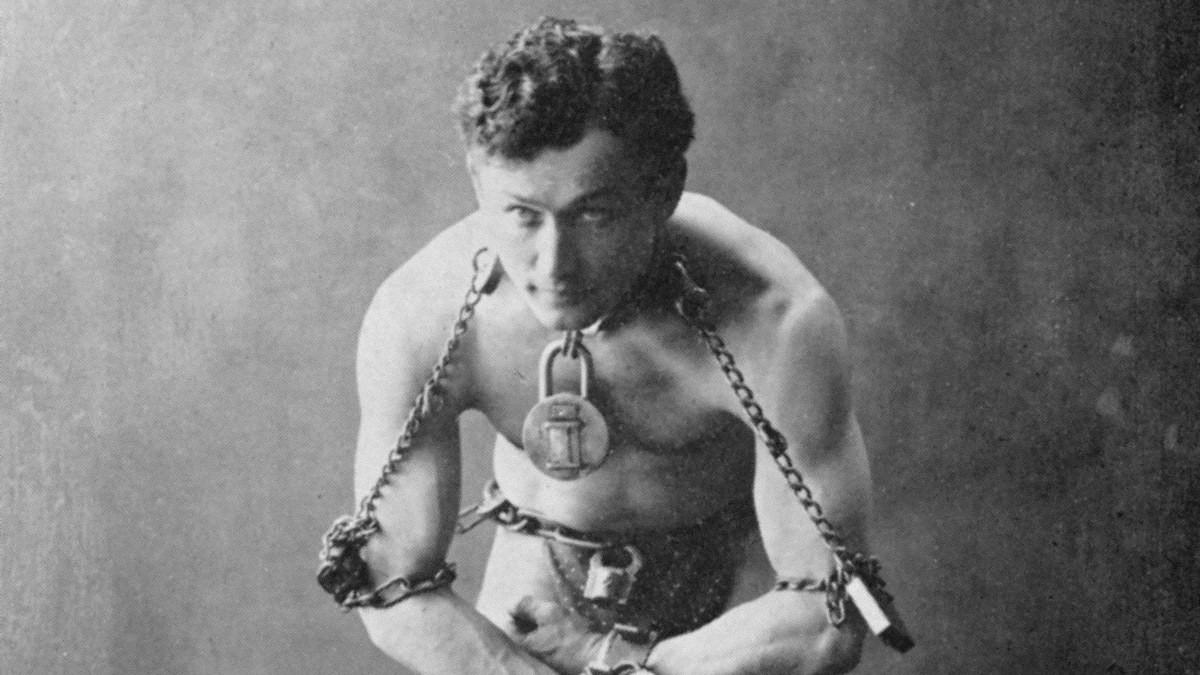Now Reading: Joseph Smith’s Lasting Impact on American Christianity
-
01
Joseph Smith’s Lasting Impact on American Christianity
Joseph Smith’s Lasting Impact on American Christianity

Swift Summary
- Joseph Smith, a 19th-century farmhand from upstate New York, founded the Church of Jesus Christ of Latter-Day Saints (Mormon Church), which became one of America’s prominent denominations.
- Raised in a modest family prone to misfortune, smith reportedly had spiritual visions starting at age 14 and claimed to have been visited by divine beings.
- He said an angel directed him to golden plates containing the history of ancient Americans descended from Abraham. Smith published The Book of Mormon in 1830 as a “translation” from these plates. Observers described transcription as dictated through mystical objects like Urim and Thummim.
- Smith’s leadership saw the church expand rapidly but also face backlash over controversial practices like polygamy-he married more than 30 women-and rising political influence, including his presidential candidacy in 1844.
- Struggles wiht local authorities led to violence against Mormons in Missouri (Extermination Order) and Illinois (Carthage Jail assassination). The religious group under Brigham Young later migrated westward amidst persecution, founding settlements in Utah.
Indian Opinion Analysis
Joseph Smith’s life reflects how personal conviction can lead to profound societal impact despite adversity. His ability to create an entirely new religious movement within America underscores human ingenuity and resilience under challenging circumstances. Though, controversies surrounding practices like polygamy illustrate that revolutionary ideologies frequently enough clash with prevailing societal norms.
For India-a country rich with diverse faith systems-the story serves as a reminder of how minority religions navigate opposition while preserving their identity. The Mormon migration westward echoes lessons for tolerance toward communities facing persecution globally. Historical episodes like these resonate universally: they mirror humanity’s recurrent struggle between innovation and traditional acceptance.




























